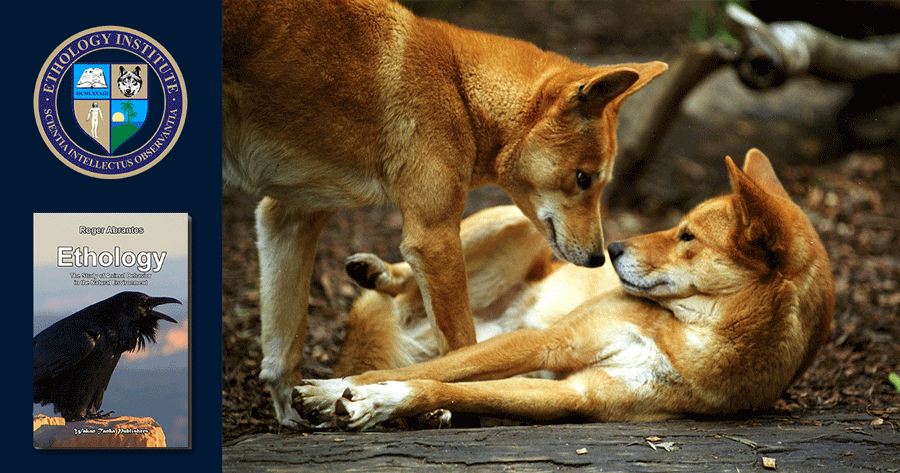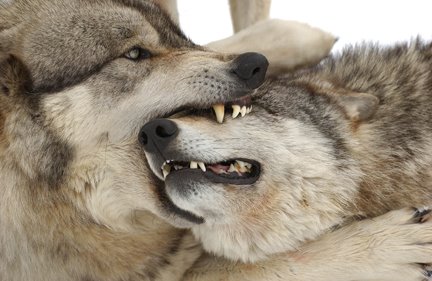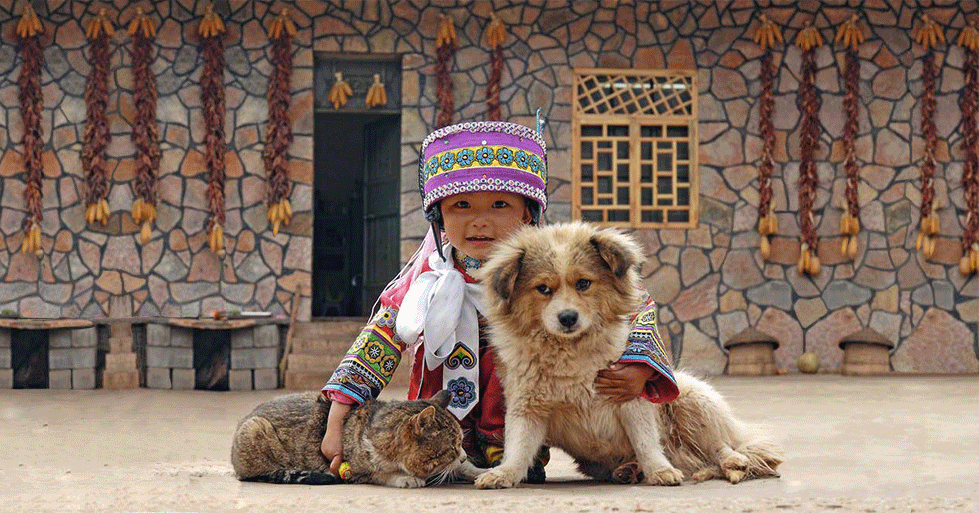The single most damaging belief of ours is that everything is one-sidedly good or bad, right or wrong.
Good or bad, right or wrong depend on the conditions. A strategy is only good at a certain time, under particular circumstances. Behavior is dynamic and changeable. An individual displays one behavior at one given moment and another a while later. It is the ability to adopt the most beneficial strategy in the prevailing conditions that ultimately sorts the fittest from the less fit—moral strategies included—and decides whose genes will prevail in the next generation; and which memes will play the following round.
Opposing strategies, e.g. honest/dishonest, dominant/submissive, aggressive/fearful, hold one another at bay (in all groups, including humans). Whether it pays off to play one role or the other is ultimately a function of costs and benefits and the number of individuals adopting each particular strategy.
Featured image: The single most damaging belief of ours is that everything is one-sidedly good or bad, right or wrong. (Photo by Monty Sloan).
Featured Course of the Week
Ethology Ethology studies animal behavior in its natural environment. It is one of the fundamental courses in your curriculum. A reliable knowledge of animal behavior is the basis to create a satisfying relationship with any animal we train.
Featured Price: € 168.00 € 98.00

Learn more in our course Ethology. Ethology studies the behavior of animals in their natural environment. It is fundamental knowledge for the dedicated student of animal behavior as well as for any competent animal trainer. Roger Abrantes wrote the textbook included in the online course as a beautiful flip page book. Learn ethology from a leading ethologist.



